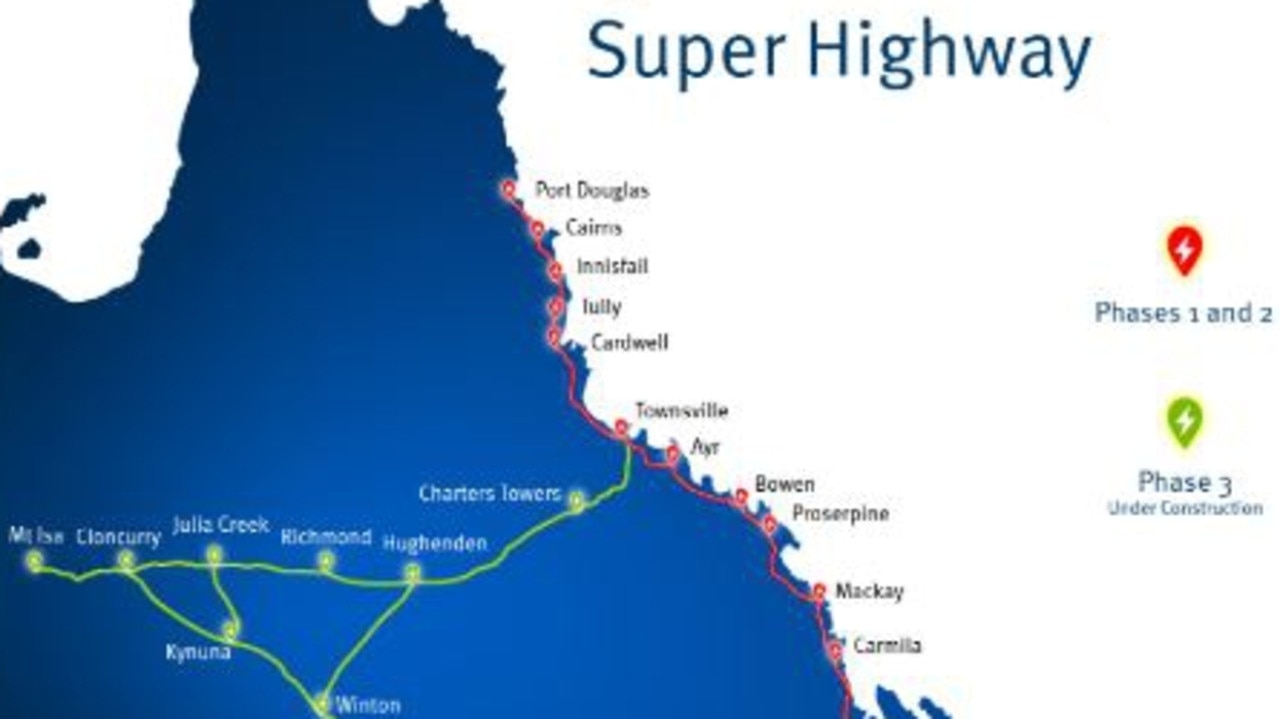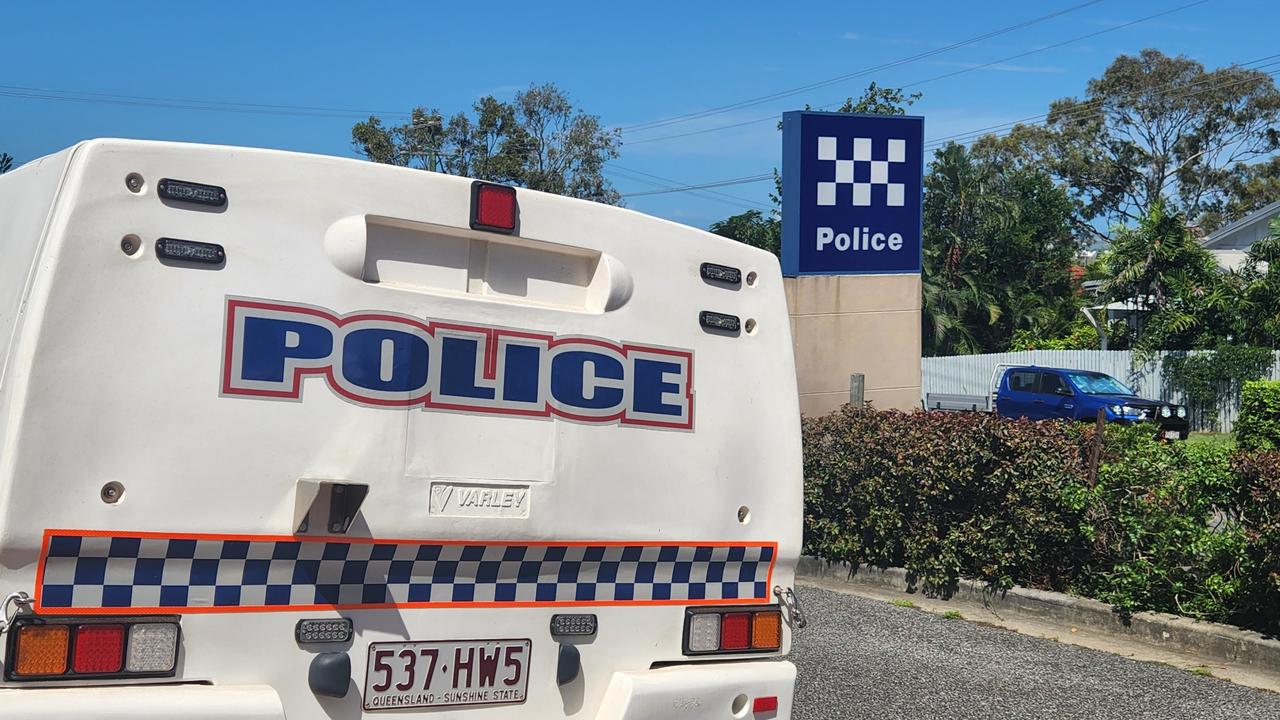DAF and industry develop Low Emissions Agriculture Roadmap for 2022-2032
In a collaborative effort to lower emissions, the Queensland Government has partnered with key agricultural groups to design a groundbreaking pathway to help the agribusiness sector be a world-leader in low carbon production. Full details.

Rockhampton
Don't miss out on the headlines from Rockhampton. Followed categories will be added to My News.
In a collaborative effort to lower emissions, the Queensland Government has partnered with key agricultural groups to design a groundbreaking pathway to help the agribusiness sector be a world-leader in low carbon production.
Agriculture Minister Mark Furner was joined by Member for Keppel Brittany Lauga and representatives of AgForce and the Queensland Farmers’ Federation at the Belmont Research Station in Rockhampton on Wednesday to launch the draft Low Emissions Agriculture Roadmap for 2022-2032.
Mr Furner said the Department of Agriculture and Fisheries and industry were developing the new low emissions roadmap for agribusinesses to help reduce greenhouse gas emissions.
“It is a real pleasure to be here today to launch the draft Low Emissions Agriculture Roadmap, a roadmap that’s been based on collaboration with AgForce, Queensland Farmers’ Federation and also National Farmers’ Federation so we can have that consultation with the sector about making sure our food and fibre is sustainable into the future and that we are recognised around the world as having clean green produce,” he said.
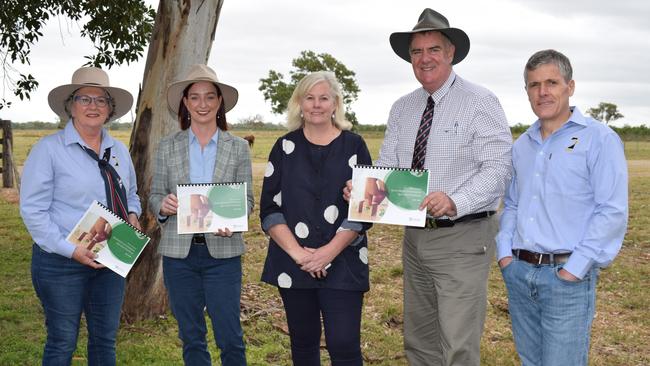
“As our climate changes and impacts how food and fibre is grown, we need to deliver greenhouse gas reductions and increase our carbon sinks to minimise disruptions to our food security.
“The roadmap’s priorities are to ensure food security and the economic stability of our food and fibre producing regions while actively transitioning to low emissions agriculture.
“By 2032 we expect the agriculture, fisheries and forestry supply chains will be well on the way to lower emissions production, with the ultimate goal of a net zero emissions economy by 2050 well in sight.
“It is important we partner with those strong organisations and make sure we set our targets into the future.”
He said the roadmap had been developed in partnership with industry and was based on a CSIRO report commissioned by DAF for the project.
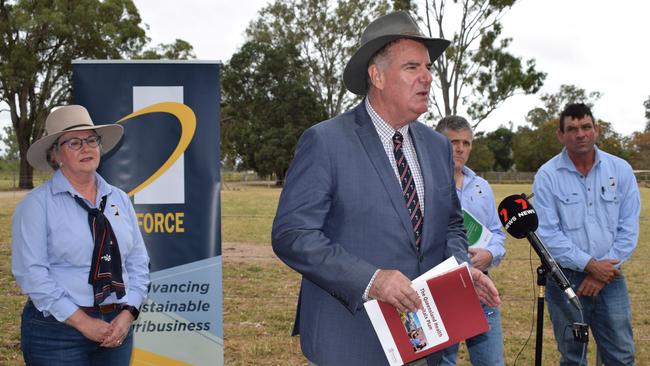
“Already, the department and industry have identified five focus pathways to bring the agriculture sector together in a co-ordinated approach to deliver a roadmap that is fit for purpose,” he said.
“This strategic co-design and co-ownership approach will help us better understand greenhouse gas linkages across supply chains and work collectively to lower overall emissions.
“We will use other strategies from the transport and energy sectors, as well as partnering with non-agricultural industries as an important part of realising carbon neutral regions and supply hubs.
“Importantly, regular reviews will assess whether the roadmap actions are still relevant, or whether more ambitious or new actions are needed to fast track our progress towards the 2050 zero net emissions economy target.”
AgForce CEO Michael Guerin said the roadmap was an essential initiative to ensure the ongoing prosperity and productivity of Queensland’s agriculture industry.
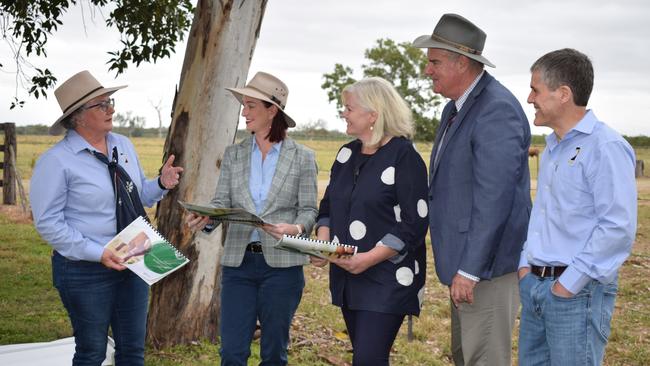
“Queensland’s producers recognise the importance of continuing to adapt new practices and technologies to ensure long-term sustainability and productivity of the industry,” Mr Guerin said.
“The agriculture sector has tangibly contributed to lowering emissions to date and we know we can do more. As responsible contributors and proud members of the state’s economy, it’s in everybody’s interests that we support the roadmap.
“Finding and implementing ways to reduce net emissions, will be of significant benefit to both industry and the community as a whole.”
AgForce general president Georgie Somerset said it was important that agriculture had pathways and a roadmap forward.
“We know we have got great practices and a great industry and it’s about getting that recognition for the work we are doing already and finding ways we can do it even better,” Ms Somerset said.
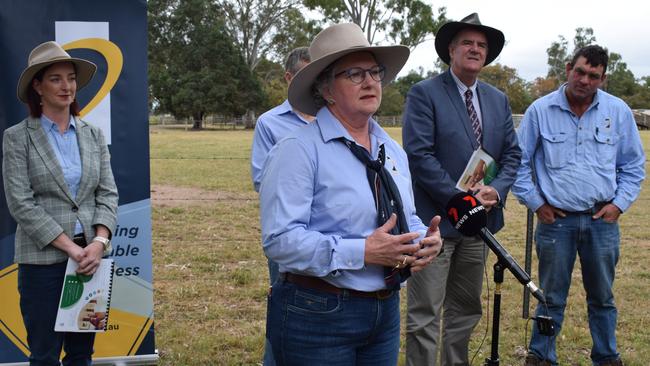
“We are really pleased to support pathways that recognise the role agriculture plays.
“AgForce is also working to develop a program called AgCarE which will feed into things like the low emissions roadmap in ensuring every producer knows what their natural capital is when they take part in it.
“We are looking forward to supporting it, we really encourage producers to take a look at the roadmap and get involved now that it is open for consultation.”
She said the roadmap would give people an opportunity to have a look at their own businesses and see what they want to do, change and measure.
“This roadmap will give people a chance to have a look at what they are doing now, what they would like to think about doing in the future and what might be some of the pathways for them,” she said.

Queensland Farmers’ Federation CEO Jo Sheppard said it was important the agricultural sector was involved and able to actively contribute to the development of the draft roadmap.
“Queensland producers lead the world in innovation and have a proud history in being able to adapt to an ever-changing operating environment to ensure the sustainability of their businesses and the sector as a whole,” Ms Sheppard said.
“New technologies and best practice management are driving changes across the supply chain as agricultural enterprises strive to ensure their future sustainability and global competitiveness.
“It is critical that government work closely with industry as we work together in positioning Queensland to achieve long-term food security through supporting sustainable farming and good environmental outcomes.
“We all want good environmental outcomes for our generation and future generations and we also want sustainable farming.
“Our farmers are playing a really important role for all of us in terms of growing food and fibre and are leading the world in that so we really want to support farmers to be able to continue to do what is a really important job for all of us.
“The other thing we want is stronger regional communities.
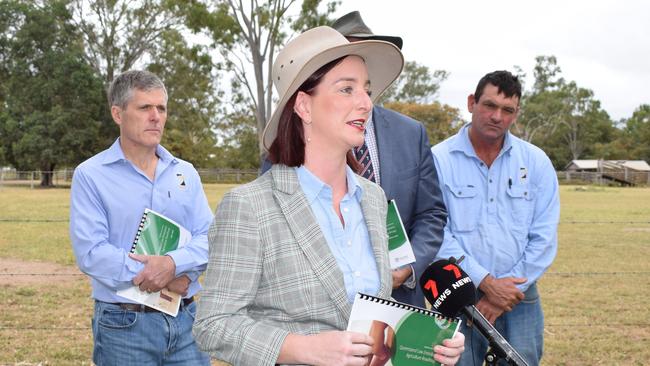
“It is really important we work together, that we do have a plan and that we modify that plan as things change so we get it right.”
Member for Keppel Brittany Lauga said Central Queensland farmers had already been leading the world in terms of technology and innovation in sustainable food production.
“This roadmap will help give some certainty on the journey for these farmers and graziers in our region and right across Queensland as we work together, both government and industry, to lead a more sustainable life but also produce more sustainable food,” Ms Lauga said.
Mr Furner said all Queenslanders now had the opportunity to provide feedback on the draft roadmap.
“We want to hear from all sections of the community to get an informed view of how the roadmap can further support efforts to achieve our low emissions goals,” he said.
“I encourage everyone to view the draft roadmap and have input into this important piece of work that will help shape a carbon neutral Queensland food and fibre sector.”
Feedback can be provided until August 10 at daf.engagementhub.com.au/ag.




